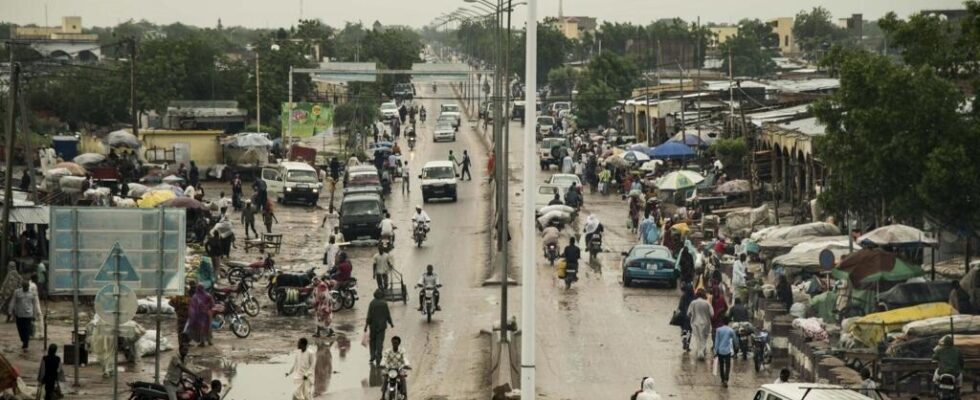In Chad, access to electricity remains a real problem for the population. To overcome this difficulty, the authorities launched, on Saturday, July 16, in Ndjamena, a program to accelerate the electrification of the country, worth 460 million dollars, financed by the World Bank.
2 min
With our correspondent in Ndjamena, Olivier Monodji
The goal of this program is to achieve a rate of 53% access to energy by 2030 against 11% currently, one of the lowest in the world. However, civil society organizations say they are pessimistic.
Djeguedem Silas, manager of a pharmacy in Walia, in the 9th arrondissement, has not opened his pharmacy for a week, because of the power cuts. Pharmaceutical products have active ingredients that need proper temperatures. Products are lost. We don’t know who to turn to “, he warns.
The Chadian government, which has just received aid from the World Bank, wants to improve this situation.
” In particular, the construction of solar power plants in Ndjamena and in the provinces, the rehabilitation of the electricity networks of Ndjamena in the twelve provinces, the electrification of two hundred localities, the subsidized distribution of two million solar kits, and also the prospect of the electrification of 850 health centers and seven hundred schools are expected. “, said Prime Minister Allamaye Halina.
” A utopia “, say consumer rights organizations.
” As long as there is no political will and this type of project is not directly managed by the donors themselves, it will be like the third bridge project in Chagoua. which has become a tourist site for the various governments. And if we had the will to put an end to the ordeal of the Chadians, there was the common oil interconnection project which never took place “, stressed Jean Bosco Manga, one of the figures of Chadian civil society.
Of the 18 million inhabitants, only 11% of Chadians have access to electricity according to the government.
Also read and listenChad: When power cuts disrupt users’ daily lives
